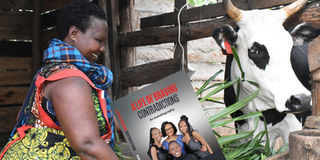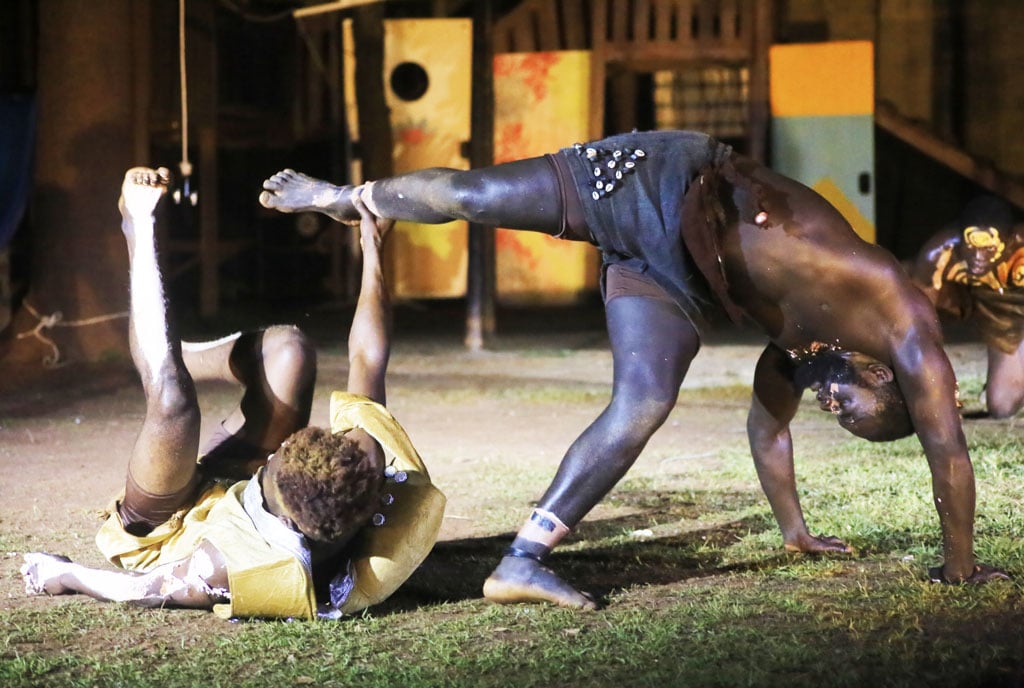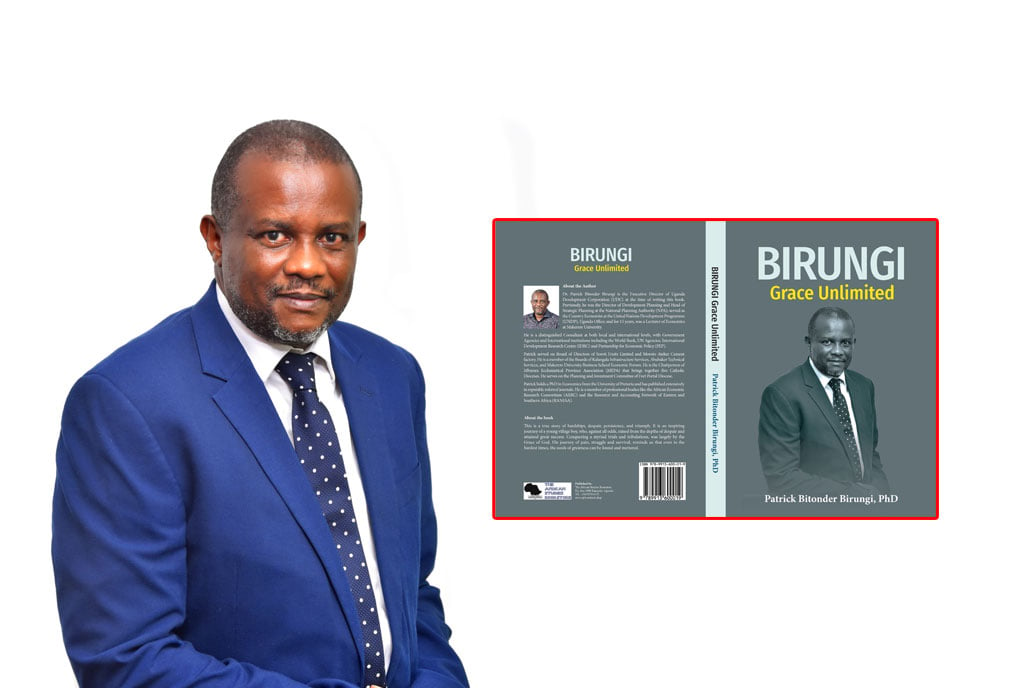
“A Life of Braving Contradictions: An Autobiography” by Irene Wasike Muwanguzi has all the elements of an existential tragedy.
It is a story whose quirks of fate approximate a fragmented and uncertain existential experience. Indeed, the author’s experiences are nonlinear, settling on an unsettled turn of events.
Born in October 1975 in Buwagogo, Bubulo, Mbale District, present day Manafwa District, Muwanguzi’s star shone early in her career as the leading light behind “one of the rapidly evolving social experiments of our time.”
Before she could make history, she enrolled at Makerere University in 1996 for a three-year course in Social Sciences, which included Social Administration, , Political Science and Literature. She majored in Political Science.
Conditional love
Later, at Master’s level, she pursued Public Administration and Management. During her undergraduate studies, she met the man she would marry: Paul Muwanguzi.
He was in his fourth year at Makerere University Medical School. Although star-crossed lovers, Irene could only allow Paul into her heart after he was Born-Again.
“I really wanted Paul to understand me, so I emphasised, [she wanted) ‘not just a religious person. I wanted a person who had a personal relationship with the Lord Jesus Christ. That is the only way we would blend,” Irene says.
Paul gave his life to Jesus Christ. Not because he wanted to win Irene’s heart, but he found Jesus was after his own heart.
Paul graduated in 1999 and Irene graduated in 2000. She later joined The Hunger Project as a full-time employee in 2001 as Project Liaisons Officer for its special program called African Woman Food Farmer Initiative (AWFFI).
Marital bliss
“Our marriage introduction ceremony had been scheduled for the following year, to be more specific, December 16, 2001 and the wedding was set February 23, 2002,” Irene writes.
Her domestic life was blissful. She soon got pregnant with triplets.
Although she worked in different establishments, her Damascene moment, as it were, came when she began working with The Hunger Project; founded in 1977 with the stated goal of ending world hunger in a sustainable fashion.
“At that time, my substantive role was coordination of the Microfinance Program-----African Woman Food Farmer Initiative (AWFFI). I was third in the hierarchy in management then,” Irene tells us.
Unwilling to be a mere paper-pushing hierarch, Irene wanted to make her mark. Already her fealty to her work had cast her as an extraordinary person to have around the office.
Before she could even conceive of the greatness that was to follow though, she gave birth to two girls and a boy.
“That was another miracle in my life; instead of one baby I got three babies at once. We thanked God for that triple gift of life,” she writes.
Founding the Parish Development Model
On the professional work front, she had much to be grateful for too.
As a visionary, she became focused on getting the epicentre strategy adopted in the Government of Uganda’s National Development Plan (NDP).
Irene was a big believer in a mindset change amongst Ugandans as being a bedrock essential for national transformation.
He vision was green-lit. “At the time, Uganda was in the formulation phase of its first National Development Plan. The Mindset Change concept and Epicentre Strategy have now been rolled over into the NDP III and currently being implemented as the Parish Development Model (PDM) under the Parish Policy. It is hard to believe that the strategy and concept that has now become a household name for our country’s transformation agenda came from a little unknown 34 year-old girl (by then), and it is now transforming communities and indeed our nation towards the achievement of its 2040 National vision. This was acknowledged in the Visionaries of Uganda handbook published in 2013,” Irene informs.
Another twist
It is fascinating as well as dispiriting that PDM was her initiative and was pulled out from under her. Much more unsettling was her husband surviving Covid-19 and a cancer of the bones called multiple myeloma at 32 years of age; only to die in a car accident.
There were eight people in the car, namely Irene, her three children, her nephew the bodyguard, the driver and Paul Muwanguzi.
“My husband is only person who died,” she writes.
Does this make Irene Wasike Muwanguzi an existential tragedienne? Well, you have to read this momentous book to find that out. Title: A Life Of Braving Contradictions: An Autobiography
Author: Irene Wasike Muwanguzi
Price: Shs60,000
Availability: [email protected]
Published: 2024
Pages: 314








